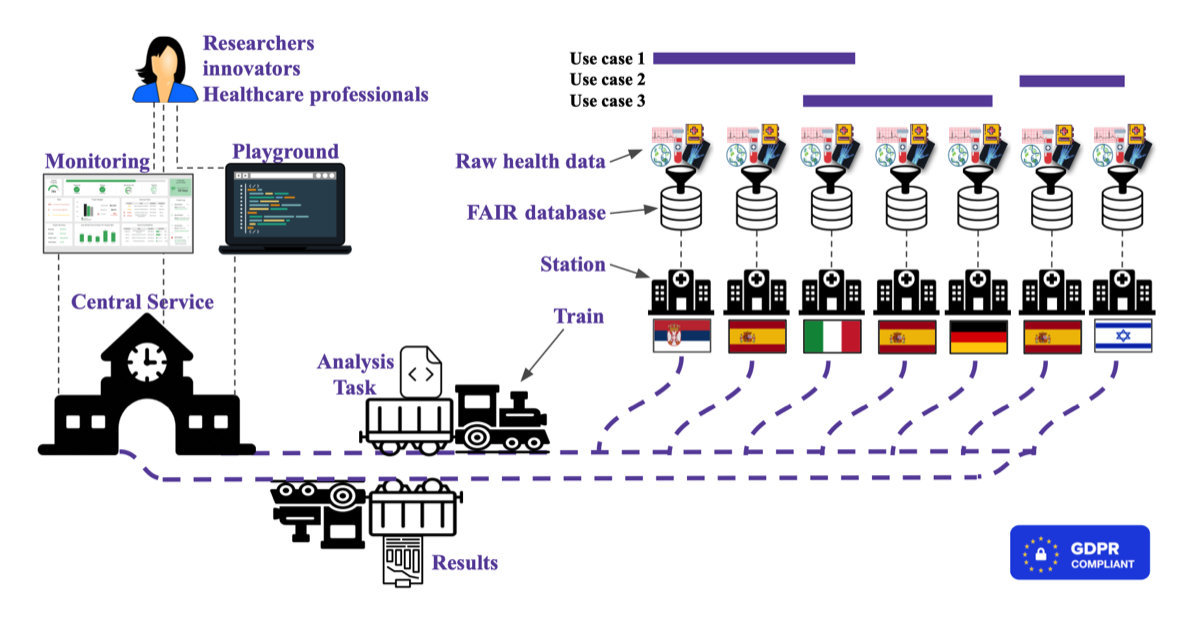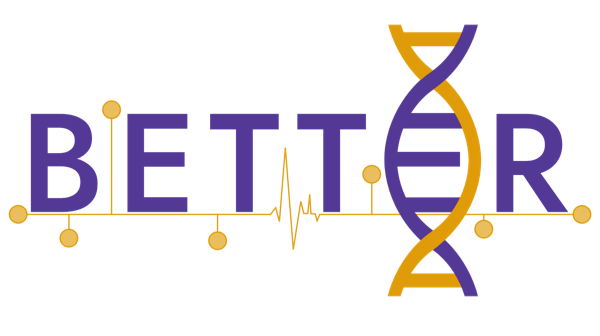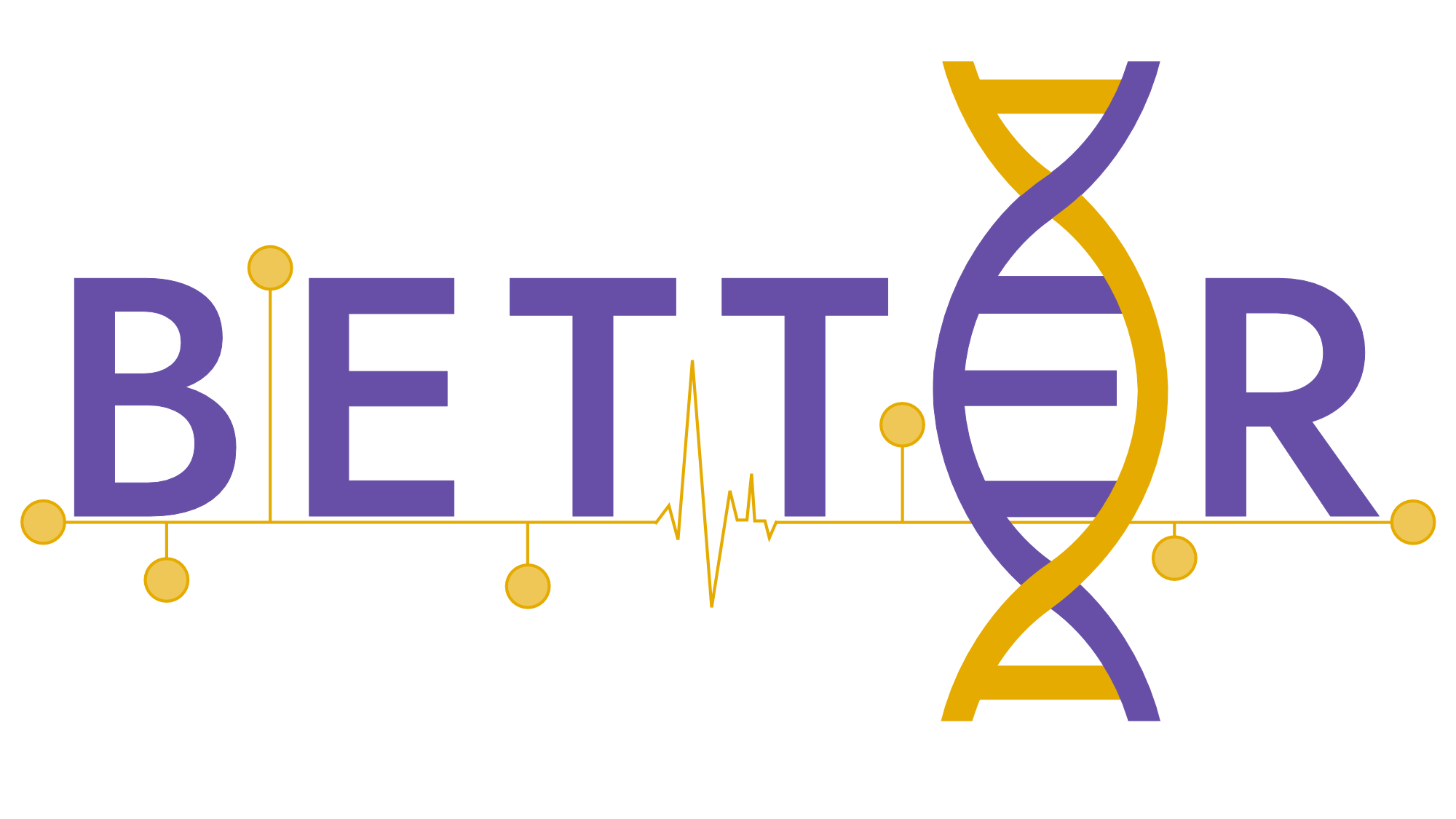Better real-world health-data distributed analytics research platform
The Better Project is funded by the European Union’s Horizon program and the UK Research and Innovation Program. Its aim is to support the improvement of the European citizen’s health by creating a robust decentralised infrastructure which will enable healthcare professionals to exploit the full potential of larger sets of multi-source health data via tailor-made AI tools useful to compare, integrate, and analyse in a secure, cost-effective fashion across national borders, fully complying with present GDPR privacy guidelines.
In recent years data-driven medicine has gained increasing importance in terms of diagnosis, treatment and research due to the exponential growth of healthcare data. The linkage of health data from various sources, including genomics, and analysis via innovative approaches based on artificial intelligence (AI) advanced the understanding of risk factors, causes and development of optimal treatment in different disease areas. Furthermore, it contributed to the development of a high-quality accessible health care system. However, medical study results often depend on the amount of available patient data, crucially when it comes to rare diseases this dependency is accentuated. Typically, the more data is available for the intended analysis or the scientific hypotheses, the more accurate the results are. Nevertheless, the reuse of patient data for medical research is often limited to data sets available at a single medical centre.
The most imminent reasons why medical data is not heavily shared for research across institutional borders rely on ethical, legal and privacy aspects and rules. Data protection regulations prohibit data centralisation for analysis purposes because of privacy risks like the accidental disclosure of personal data to third parties. Therefore, in order to (1) enable health data sharing across national borders, (2) fully comply with present GDPR privacy guidelines and (3) innovate by pushing research beyond the state of the art, the project proposes a robust decentralised infrastructure which will empower researchers, innovators and healthcare professionals to exploit the full potential of larger sets of multi-source health data via tailored made AI tools useful to compare, integrate, and analyse in a secure, cost-effective fashion, with the very final aim of supporting improvement of citizen's health outcomes.

In detail, the interdisciplinary project proposes 3 use cases involving 7 medical centres located in the EU and beyond, where sensitive patient data, including genomics, is made available and analysed in a GDPR compliant mechanism via a Distributed Analytics (DA) paradigm called the Personal Health Train (PHT). The main principle of the PHT is that the analytical task is brought to the data provider (medical centre) and the data instances remain in their original location. For this project, two mature implementations of the PHT called PADME (Platform for Analytics and Distributed Machine Learning for Enterprises, padme-analytics.de) and Vantage6 (priVAcy preserviNg federaTed leArninG infrastructurE for Secure Insight eXchange, distributedlearning.ai) will be fused and adopted as building blocks for the proposed BETTER platform. The proposed clinical use cases focus on evidence-based research on the following pathologies:
- Paediatric Intellectual Disability
- Inherited Retinal Dystrophies
- Autism Spectrum Disorders
Within the use cases innovative digital tools, technologies and methods will be researched, developed and validated in real world scenarios.



Privacy Policy
